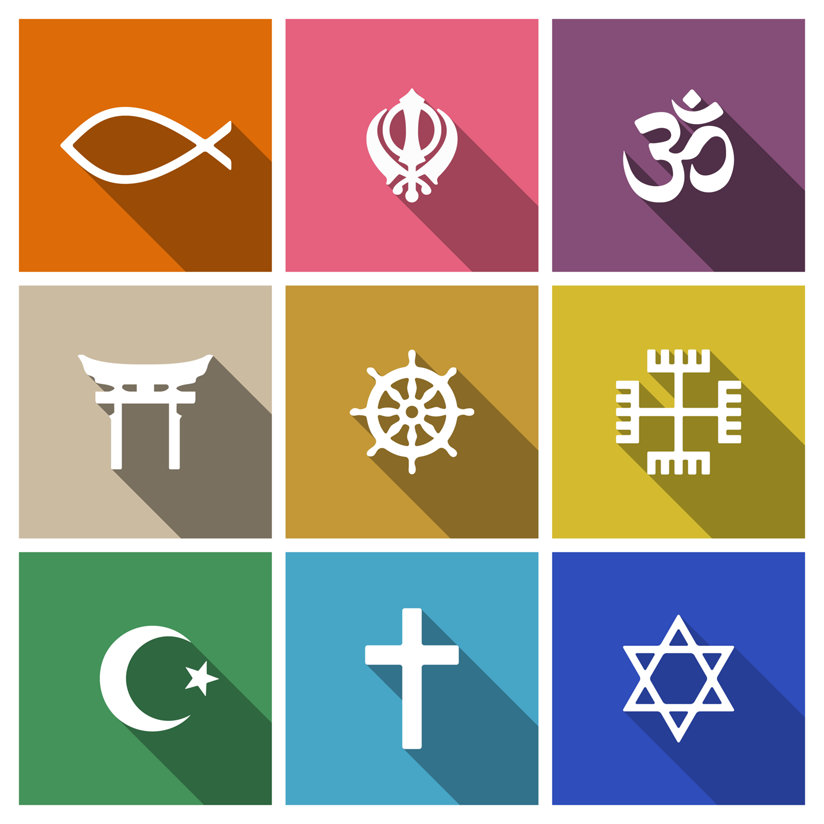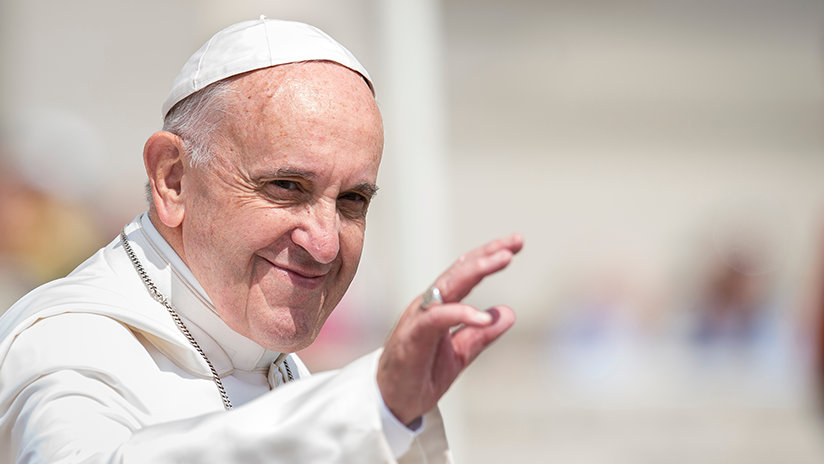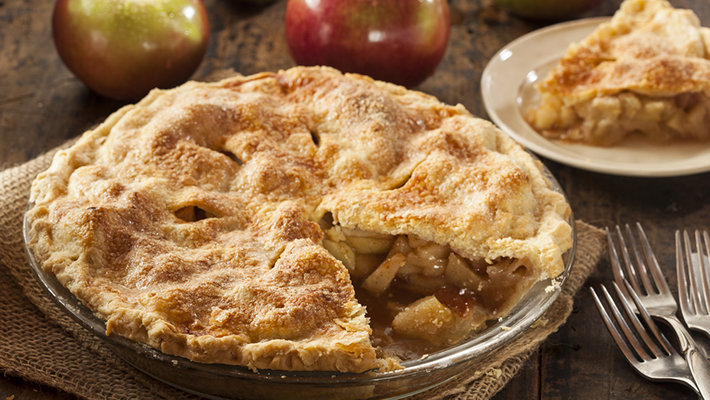
-
HOME
-
WHAT IS STANDOur Mission Our Values Our Help Contact
-
WHAT WE FIGHT FORReligious Freedom Religious Literacy Equality & Human Rights Inclusion & Respect Free Speech Responsible Journalism Corporate Accountability
-
RESOURCESExpert Studies Landmark Decisions White Papers FAQs David Miscavige Religious Freedom Resource Center Freedom of Religion & Human Rights Topic Index Priest-Penitent Privilege Islamophobia
-
HATE MONITORBiased Media Propagandists Hatemongers False Experts Hate Monitor Blog
-
NEWSROOMNews Media Watch Videos Blog
-
TAKE ACTIONCombat Hate & Discrimination Champion Freedom of Religion Demand Accountability
The Inevitable Outcome of Interfaith Dialogue
Some of the people I most admire are those who are devout in their personal faith but also curious and generous in their interest to learn about others who may have a different one. It takes a certain level of courage and confidence to be so secure in your own worldview that you can sincerely seek out other ways of seeing the world and the human experience in order to expand your own understanding.

One example of this I came across recently was the extraordinary work being done by the Abrahamic House.
Inspired by a Jewish organization that brings together young Jews and incentivizes them to organize social programs in their communities, the Abrahamic House program brings together young people from each of the major Abrahamic faiths—Judaism, Islam, Christianity and Bahá'í—and invites them to live together to promote interreligious dialogue and understanding.
It takes a certain level of courage and confidence to be so secure in your own worldview that you can sincerely seek out other ways of seeing the world.
In my own amateur study of the world’s major religions I have been repeatedly struck by all that these faiths have in common. Generosity, charity, compassion, understanding and care for one’s fellow man are the tenets that permeate all of them.
There’s a principle in Scientology called A-R-C, which stands for Affinity, Reality and Communication—the fundamental components of understanding. These act harmoniously together as three points of a triangle; when you increase one corner of the triangle (affinity, reality or communication), the other two corners automatically rise as well.
By increasing communication between young people of different faiths, the inevitable result is the creation of a common reality and a resultant increase in affinity.
I applaud the efforts of the Abrahamic House and am inspired by their success and the willingness of young people to be open and curious about their diverse religions. The world needs more organizations engaging in this kind of interfaith dialogue to facilitate the inevitable realization that we all have so much more in common than we often think.









